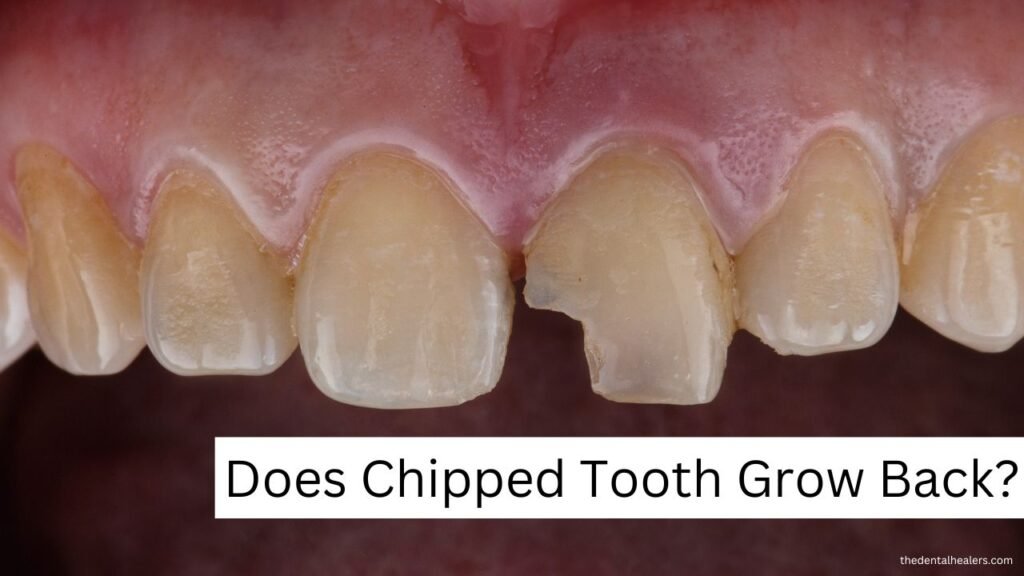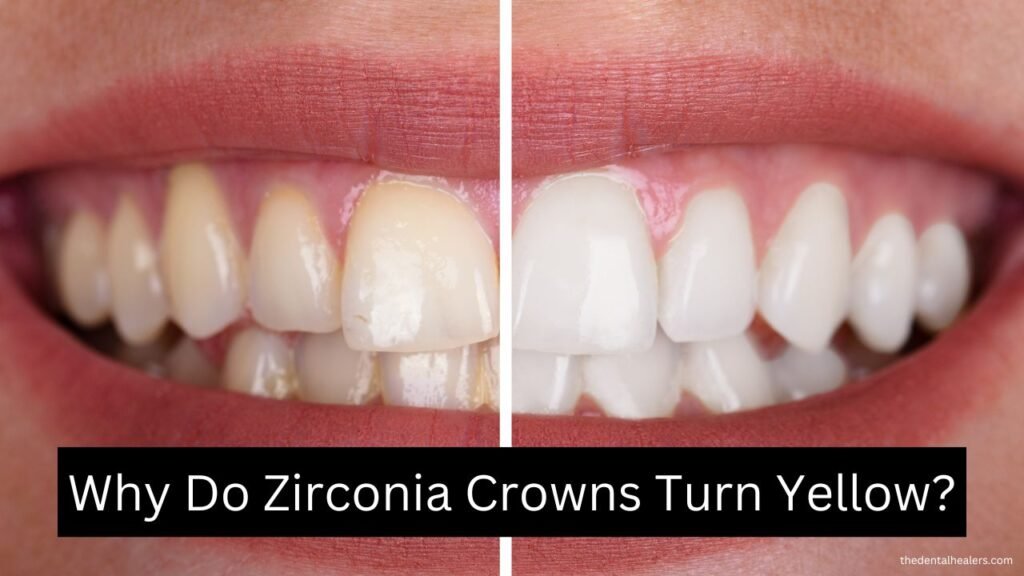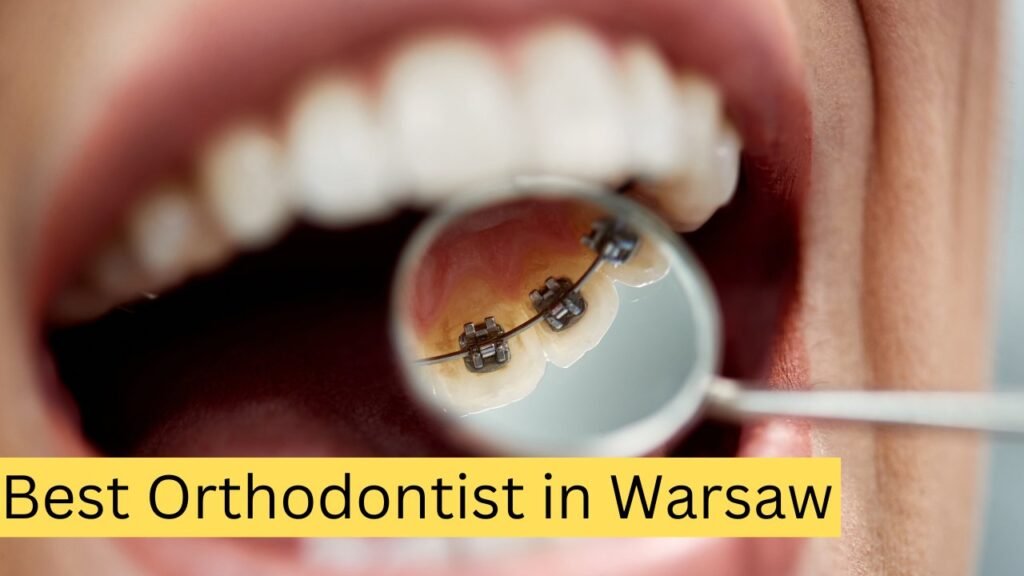Oral Care Tips for Busy Travelers
Imagine you’re about to embark on a two-week European adventure. Your bags are packed, your itinerary is set, and your excitement is through the roof. But in the midst of all the planning, did you remember to consider your oral health? It might seem like a small detail, but neglecting your oral hygiene while traveling […]





